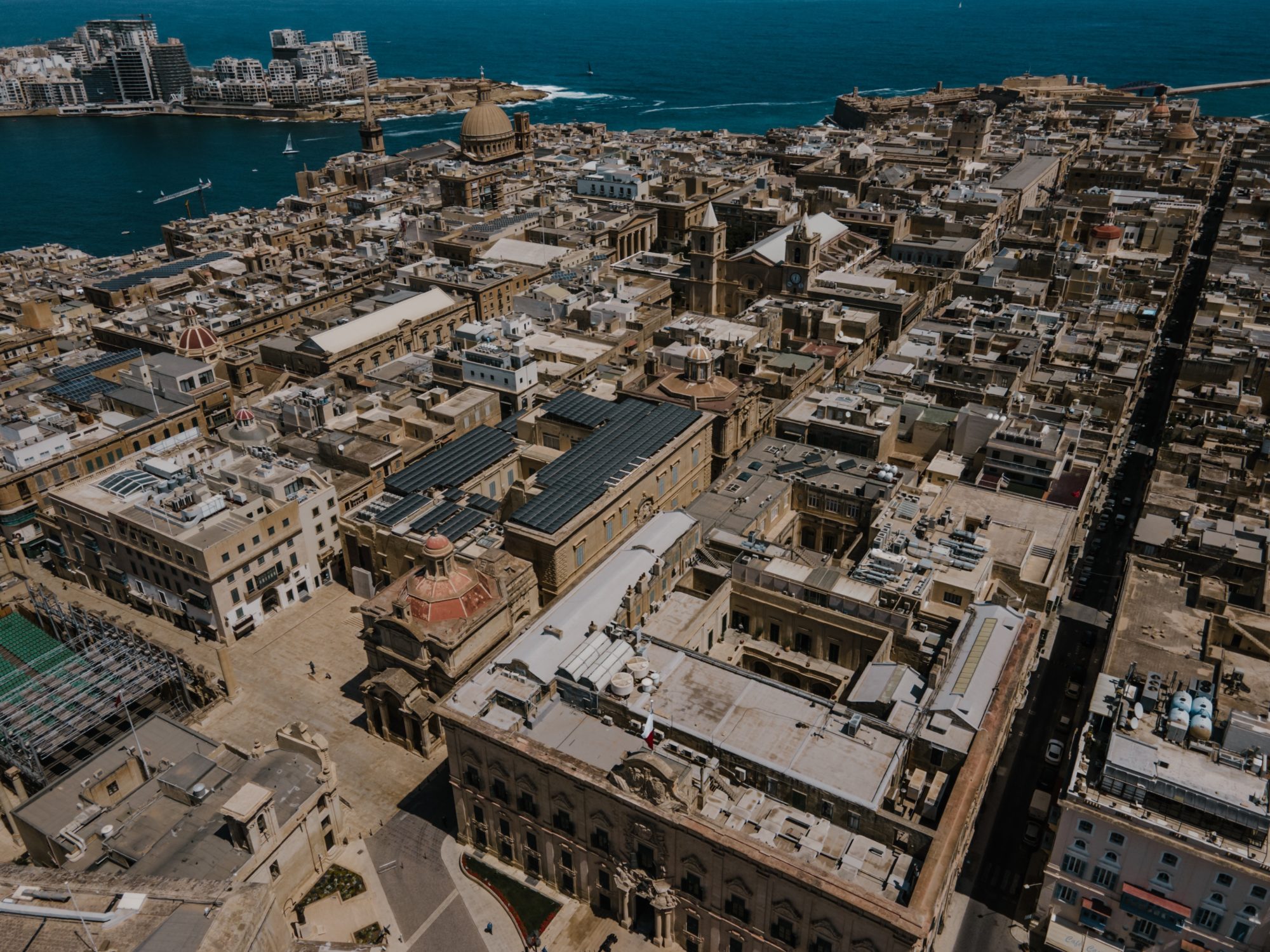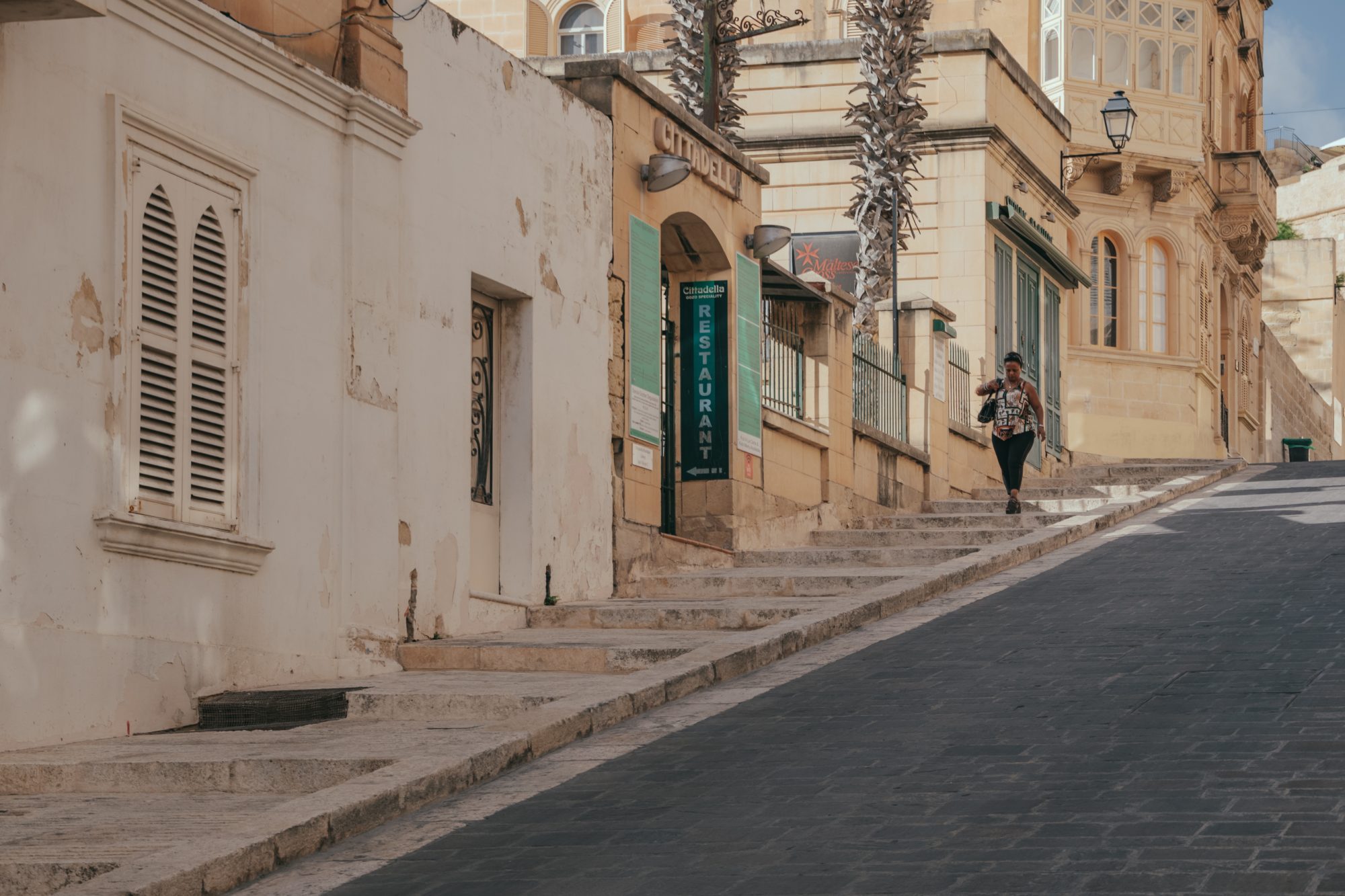Are you considering buying a property in Malta? Purchasing a new home or other kinds of immovable property is an exciting time, but there are lots of things to consider. Asides from finding the perfect home, negotiating prices, and drafting contracts, you need to pay certain property taxes as a part of the transaction. In Malta, one of these is called stamp duty and it is calculated based on the value of the property you are purchasing. In this article, we will take you through a detailed explanation of what stamp duty is, and how much you have to pay depending on your circumstances.
What is stamp duty?
Stamp duty is a form of tax typically levied on purchasing an immovable property. This can include private and commercial property as well as land. The tax originated in Italy in the 1600s and included an actual stamp being placed on a document to show that the duty had been paid. While the physical stamp has all but disappeared, the name and purpose of the tax remain. Stamp duty is equivalent to a certain percentage of the overall transaction value and is payable to the government. The exact rate depends on the jurisdiction where the sale takes place, the kind of property, and who is selling and purchasing.
Stamp duty in Malta
In Malta, stamp duty is payable on the purchase of immovable property, the transfer of shares in property companies, and marketable securities. The standard rate of stamp duty is 5% in Malta and 2% on the island of Gozo. In the case of marketable securities or shares, it is 2% and 5%, respectively. In all cases, it is necessary to pay an initial stamp duty of 1% of the value to the notary when the preliminary sale agreement is signed. This sum is sent to the Maltese Inland Revenue Department, and a receipt is given. The final sum, dependent on the rate paid, is submitted when the final deed is signed.
First-time buyers
You can enjoy a partial exemption from stamp duty if you are a first-time buyer. When you purchase a property in Malta, you do not pay the duty on the first €200,000 of the property’s value under the incentive. This benefit is available to both Maltese citizens and foreign nationals living in the country. Anything over €200,000 will incur a stamp duty payment of 5% of the value. Changes made to the rules on first-time buying in 2021 also allow for the benefits to applying to those who may have previously purchased a garage at no more than 30 square metres.
Non-EU citizens
Any non-EU citizen purchasing a property in Malta is required to pay 5% on the final value of the sale as declared in the deed. It is also worth noting that non-Maltese citizens must acquire an Acquisition of Immovable Property (AIP) permit before purchasing. This permit is needed for both EU and non-EU citizens. There are exemptions, for example, if the property is in a Special Designated Area or serves as the primary residence (in the case of EU citizens).
EU citizens
EU citizens who have sold their property outside of Malta and are looking to reside permanently in Malta can benefit from a reduced stamp duty rate. This is equivalent to 3.5% of the first €150,000 and 5% on everything above that threshold. EU citizens that are resident in Malta or purchasing in Malta are also required to get an AIP permit unless they are buying in a Special Designated Area, or it is their sole and primary residence.
Sole residence buyers
For those purchasing a property to use as their sole residence, a special rate of 3.5% is paid on the first €150,000 and 5% of the value over that.
Assignment between spouses
Those transferring the ownership of property between spouses or those that were formerly married are not required to pay any stamp duty.
Taxation is always tricky to navigate, especially if you are not familiar with such matters. To clarify the process and exactly what rate you need to pay, Bernards Real Estate is here to help. Just contact a member of our team and they will be happy to explain the rates and process to you, as well as answer any other questions you might have.



